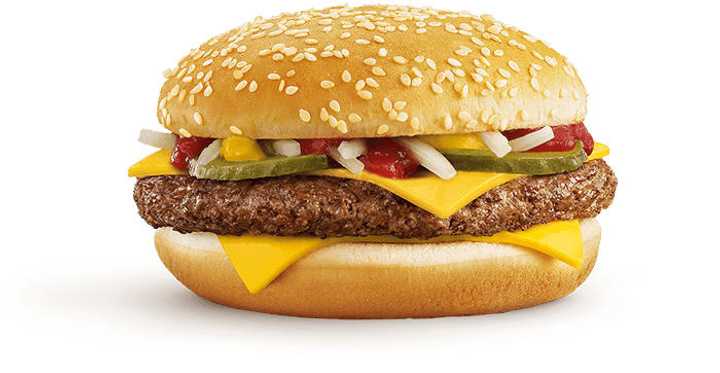Testing done by the Colorado Department of Agriculture eliminated Quarter Pounder beef patties as the source of the outbreak, McDonald’s confirmed on Sunday, Oct. 27.
That leaves the restaurant’s slivered onions, which are primarily used on Quarter Pounder hamburgers, as the likely source of contamination, according to the Food and Drug Administration (FDA).
McDonald’s said 900 restaurants that receive slivered onions from California-based Taylor Farms’ facility in Colorado Springs would resume selling Quarter Pounders without slivered onions. Those restaurants are in a dozen states, including Colorado, Kansas, Wyoming, Iowa, and Nevada.
The restaurant chain was expected to resume selling Quarter Pounder burgers in states where the popular item was temporarily taken off the menu out of abundance of caution.
“We will resume distribution of that fresh supply, and the Quarter Pounder is expected to be available in all restaurants in the coming week,” McDonald’s said. “This will be on a rolling basis based on delivery and resupply operations.”
At least 75 people reported falling ill, including 22 who were hospitalized and one who died, after eating McDonald’s Quarter Pounder hamburgers, the Centers for Disease Control and Prevention (CDC) confirmed.
The illnesses were all west of the Mississippi River, with the majority of cases reported in Colorado, Utah, Wyoming, and Nebraska. No cases were reported in the Northeast.
The CDC advised anyone who ate at McDonald’s and developed severe symptoms of E. coli infection to contact their healthcare provider. Symptoms include:
- Diarrhea and a fever higher than 102°F
- Diarrhea for more than 3 days that is not improving
- Bloody diarrhea
- So much vomiting that you cannot keep liquids down
- Signs of dehydration, such as: Not peeing much, dry mouth and throat, and feeling dizzy when standing up
E. coli stands for Escherichia coli, bacteria that normally live in the intestines of health people and animals.
Most types of E. coli are harmless or cause relatively brief diarrhea, according to Mayo Clinic. However, a few strains can cause severe symptoms.
Click here to follow Daily Voice Pepperell-Townsend and receive free news updates.
